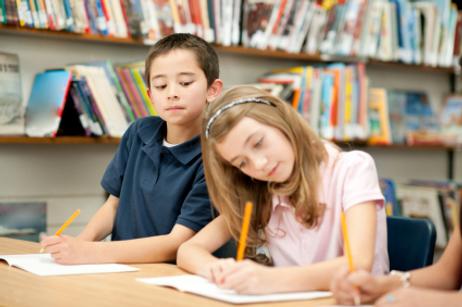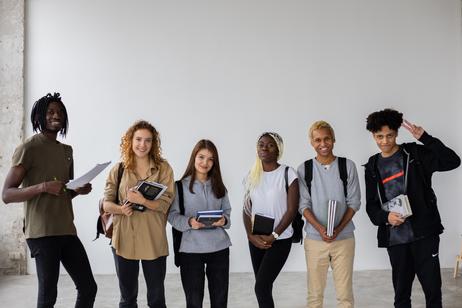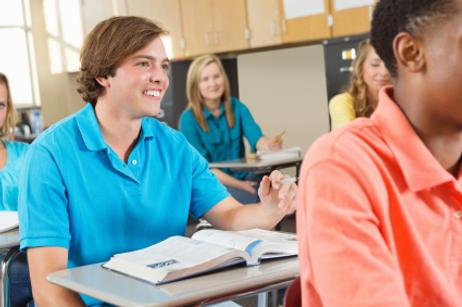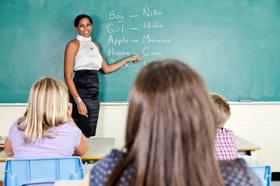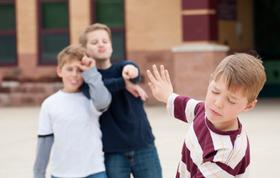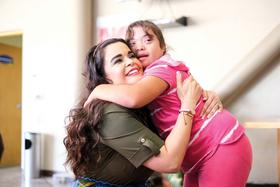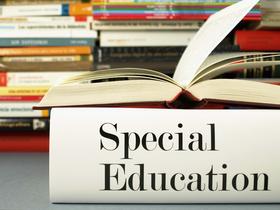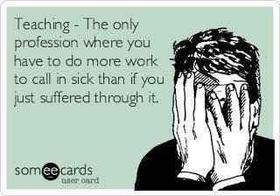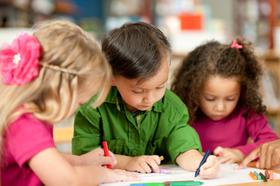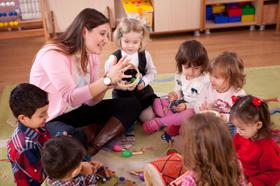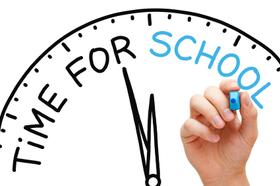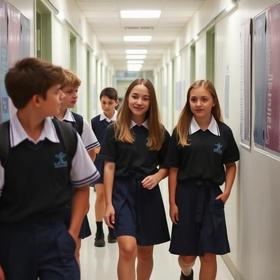When President Obama’s national address to students approached in September, many parents expressed concerns over the potential of politically charged messages. Before his speech notes were revealed, school communities feared that Obama would try to sway students towards his political viewpoints by subtly mentioning key national issues, such as healthcare reform and economic stimulus plans. Although the speech was surrounded in controversy, in post-speech reviews, bipartisan parties generally agreed that President Obama’s lecture was non-biased and inoffensive.
Regardless, the heated debates leading to the president’s speech forced many parents and leaders to pose the question: do parents have the right to deny or allow public speakers at their child’s school?
Public School Speakers: Who Chooses Them?
While public schools across the country frequently invite speakers to their campuses, some parents argue that booking these speakers without parental consent could be harmful for students. For example, many conservatives, as well as individuals who oppose some of President Obama’s key political philosophies, feared that allowing their children to listen to the president’s national address in the public school setting was a violation of their parental and personal rights. Wanting to protect their children from opposing viewpoints, many parents were outraged over Obama’s public school speech, which was aired and widely viewed by public school students during regular school hours.
In examining this controversy, the Associated Press reported that “Districts across the country (were) inundated with phone calls



